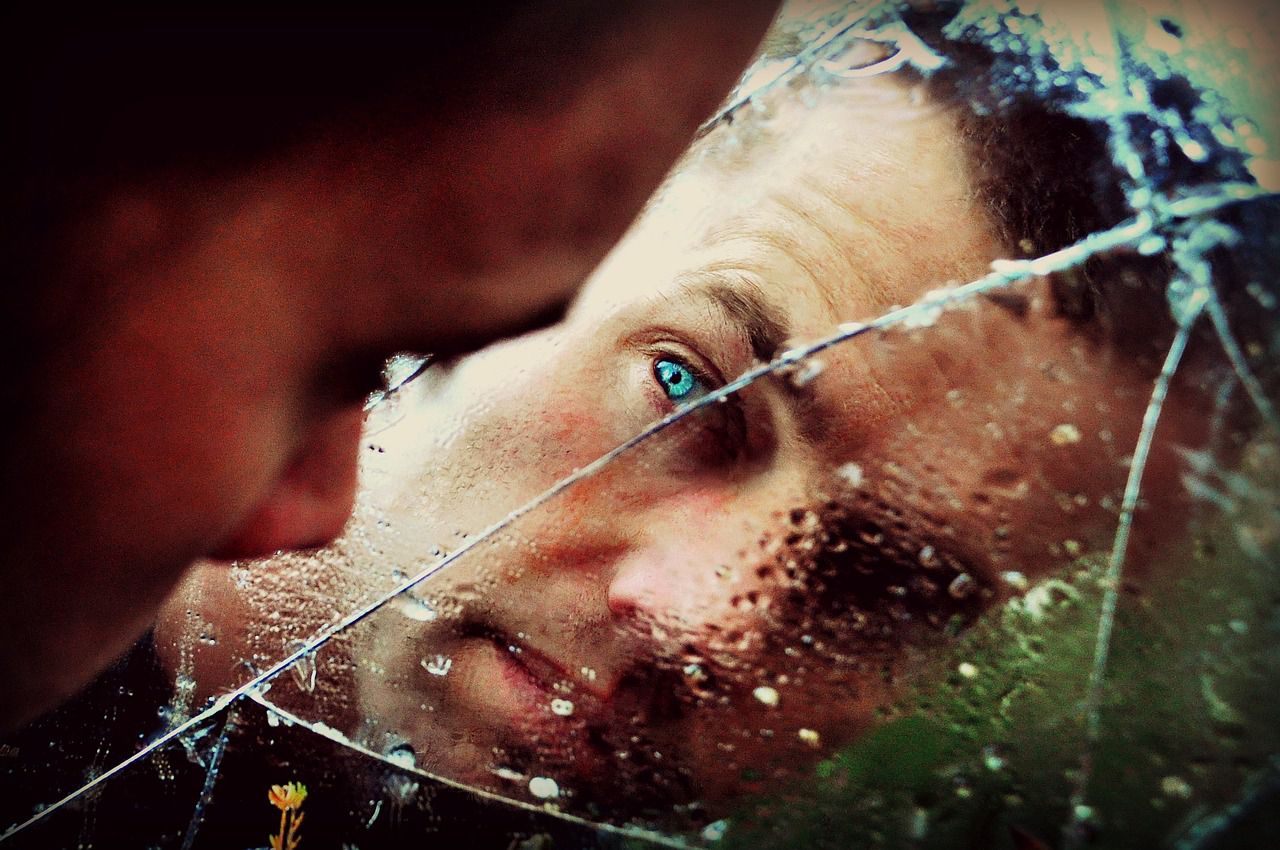Feeling pity for yourself is pretty common in many people, in a varying degree.
This behavior makes it hard to start fixing your problems to improve your life.
But why people form this type of behavior?
Adversity and hardship
People who have faced significant adversity, trauma, or difficult life circumstances may develop a sense of self-pity as a natural response to their challenging experiences.
Low self-esteem
Individuals with low self-esteem may compare themselves unfavorably to others, perceive themselves as failures, or struggle to recognize their own worth and accomplishments.

Lack of validation and support
When their feelings and struggles are not acknowledged or empathized with by others, they may internalize a sense of victimhood and develop self-pity as a way to seek recognition or sympathy.
Learned behavior
Some individuals have been exposed to a constant narrative of victimhood or a culture that reinforces a victim mentality, they may internalize these beliefs and develop a tendency to feel sorry for themselves.
Attention-seeking or manipulation
In some cases, self-pity can serve as a way to garner attention, sympathy, or support from others.
Individuals may consciously or unconsciously adopt a self-pitying demeanor to elicit help or validation from those around them.









